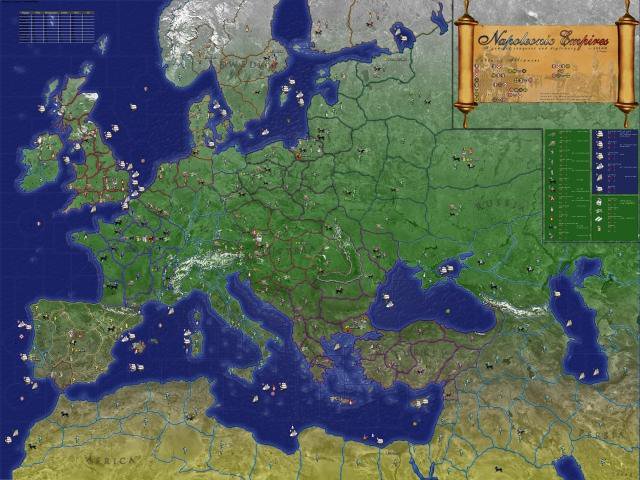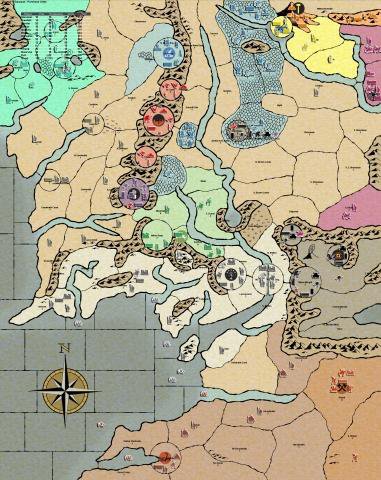TripleA (2002) is a fan created open source strategy and board game engine where you can play Axis and Allies style rules on community created maps.TripleA has a well-developed AI and an active lobby for live multiplayer games.
In TripleA, players can recreate World War 2 with the Axis pushing through to Moscow and the Allies desperately fighting back, Napoleon's march across Europe, Rome defeating the Carthaginian Empire, or even Sauron conquering Middle Earth!
If you modify this Program, or any covered work, by linking or combining it with any of the following libraries (or a modified version of those libraries), containing parts covered by the terms of the library's associated license, the licensors of this Program grant you additional permission to convey the resulting work.
| Library | Group ID | Artifact ID | SPDX License ID |
|---|---|---|---|
| Jakarta Mail | com.sun.mail | jakarta.mail | GPL-2.0-only |
YourKit supports open source projects with innovative and intelligent tools for monitoring and profiling Java and .NET applications. YourKit is the creator of YourKit Java Profiler, YourKit .NET Profiler, and YourKit YouMonitor.
YourKit grants the TripleA development project an open source license for YourKit Java Profiler.






